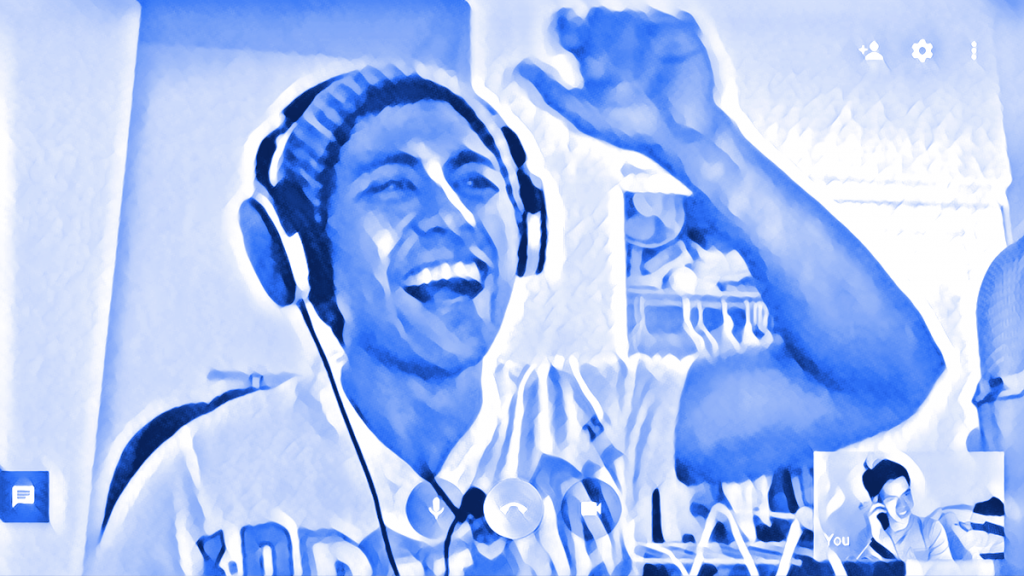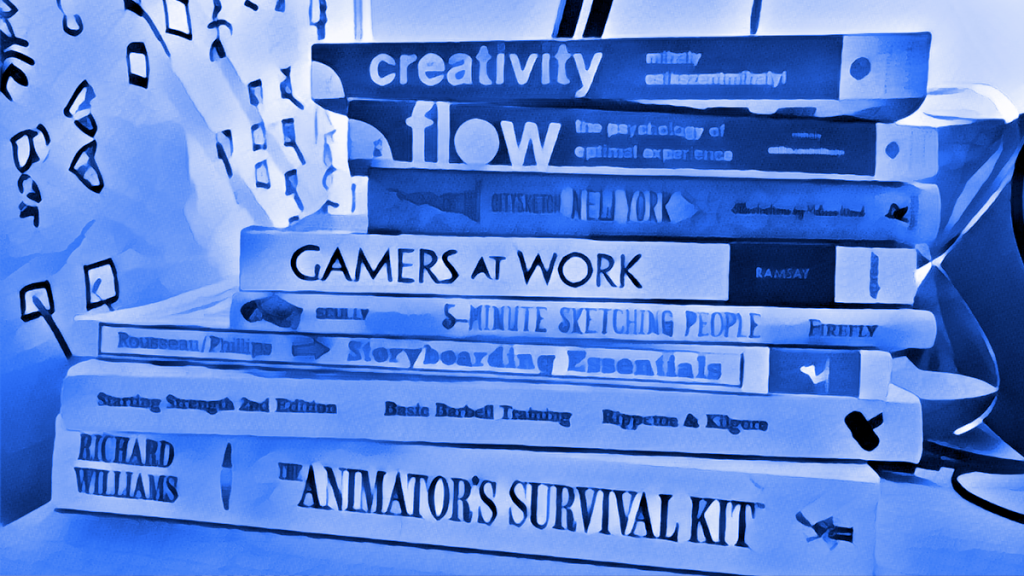Sort of show notes, sort of book notes
Chip and Dan Heath are coming out with The Power of Moments: Why Certain Experiences Have Extraordinary Impact next, so I thought it’d be good to re-read Made to Stick: Why Some Ideas Survive and Others Die.
I don’t know exactly when I read Made to Stick but it was closer to its 2007 publishing date than to now. I listened to the audiobook this time around to prepare it to be our podcast’s book-of-the-week. Here are some themes we talked about in this week’s episode:
- 6 elements for sticky ideas
- Schemas to learn and to teach
- Simple stories with imagery
Don’t take drinks from strangers, check your Halloween candy, and don’t eat ketchup because it’s blood
Made to Stick opens with the urban legend about the kidney heist. Take a drink and wake up with lots of ice and fewer kidneys. The book lays out 6 principles that make an idea stick:
- Simplicity
- Unexpectedness
- Concreteness
- Credibility
- Emotions
- Stories
You don’t need all of the traits to have an effective idea, just some. From Made to Stick:
The Kidney Heist, too, shares many of these traits. A highly unexpected outcome: a guy who stops for a drink and ends up one kidney short of a pair. A lot of concrete details: the ice-filled bathtub, the weird tube protruding from the lower back. Emotion: fear, disgust, suspicion.
Before Snopes, it was pretty hard to fact-check these things. In our episode, Jason says that he avoided ketchup because his older sister told him it was blood. Simplicity: it’s blood. Concreteness: it’s blood. Credibility: it’s coming from your older sister and you’re 6.
In our episode, Wally says he thought turning the TV off would mean that the shows were paused. It reminded me of something I read in Chuck Klosterman’sEating the Dinosaur. In a chapter about sitcom laugh tracks, something that stuck with me was his childhood belief that the laughs weren’t only real, they were live:
…my hypothesis was that this was the sound of thousands of other TV viewers in random locations, laughing at the program in their own individual living rooms. I thought their laughter was being picked up by their various TV consoles and being simultaneously rebroadcast through mine. As a consequence, I would sometimes sit very close to the television and laugh as hard as I could, directly into the TV’s speaker.
Kids think the darndest things.
Know thyself, know your audience, and use the right schema
Schema are the generic properties of a concept or categories. We go through life recording memories and building up different schema to understand the world. We can only count to 10 after building up an understanding of 1. Learning “zero” is another thing. You can’t say it’s the opposite of 1 if they don’t know what “opposite” means.
The Heath brothers explain that the 6 sticky principles are a guideline. You don’t need all six to have a sticky idea and all six don’t guarantee an idea will stick.
It’s like discussing the attributes of a great basketball player. You can be pretty sure that any great player has some subset of traits like height, speed, agility, power, and court sense. But you don’t need all of these traits in order to be great: Some great guards are five feet ten and scrawny. And having all the traits doesn’t guarantee greatness: No doubt there are plenty of slow, clumsy seven-footers. It’s clear, though, that if you’re on the neighborhood court, choosing your team from among strangers, you should probably take a gamble on the seven-foot dude.
Basketball provides the schema here. The effectiveness of the schema you use will be different based on the audience. That description wouldn’t work if you don’t know what basketball is. If they wrote a version of this book for NBA fans, they might be more specific and swap the generic outlier descriptions for Isaiah Thomas and Greg Ostertag.
There’s a basketball analogy in Steven Kotler’s Rise of Superman. It’s an excellent book about flow and action sports athletes. Kotler writes about Alex Honnold (who climbs very large things without a rope) and shares a quote from Jimmy Chin, a director and fellow climber:
“The route Alex chose wasn’t impossible for him. He could do the moves. But it’s such an exhausting mental game. And with the hardest moves near the top, it’s the equivalent of an NBA basketball player, under last game of the finals pressure, having to execute 1,000 free throws; step back to the three-point line and shoot 100 three-pointers; and then, after all that physical and mental exhaustion, step back and shoot one half-court shot. And this isn’t about winning. All the shots have to go in, because any miss is fatal.”
The schema backfires for me here. It’s a great visual, but even in the vacuum of practice the best shooters don’t routinely make 100 three-pointers in a row. What he described is a hairline from impossible. Which, I understand, is the point. But that hairline makes a difference.
In The Undoing Project, Michael Lewis wrote about the lives of Amos Tversky and Daniel Kahneman. A lot of their collaborative work is captured in Kahneman’s book Thinking Fast and Slow. In a New Yorker review of The Undoing Project, metaphor comes up. Tversky didn’t like metaphors.
Early in his career, Tversky was a “mathematical psychologist,” which meant that he used formal models to characterize human behavior. He didn’t care for metaphors: “They replace genuine uncertainty about the world with semantic ambiguity. A metaphor is a cover-up.”
I had to look up what ‘semantic ambiguity’ means in the dictionary (.com). So you can probably guess that I prefer metaphors over formal models. Mostly because I’d have to toggle back to my browser and search for ‘formal models’ to know what those are exactly.
It’s an important point though. Understanding something through analogies shouldn’t be misconstrued for fully understanding that something. It’s a good starting point, though.
In this episode, we talked about the book’s example of describing a pomelo. You could give a description or you can say it’s an oversized grapefruit. Or you can say it’s like the ball that comes with a Nerf hoop. Or you can say it’s the size of the ball of a small kettlebell. If you’re manufacturing a gift box to sell it as fancy perfect fruit in Asia, you’ll probably want more formal schema like measurement ranges. And definitely not in inches.
Luck vs. hard work and the stories that make us believe either one is right
On the podcast, we talked about luck vs. hard work. Jason talked about following Joe Wicks (@thebodycoach) when he had less than a thousand followers on Instagram. With social media, there’s always some amount of luck in having influencers stumble on your work. But you can put the work in to make something they find worth sharing.
The question of luck vs. hard work isn’t specifically from Made to Stick, but we can look at why luck and hard work can each be sticky.
You make your own luck. It’s simple and it’s concrete: don’t wait for luck, do the work and make it. It’s good motivation if you want to get moving on something. It backfires if your expectation is that sleep, neglecting relationships, and will absolutely lead to creating the next big thing.
You’re still going to need some luck along the way.
I recently read about someone accidentally clicking a link on a website. It’s the start of an idea and has one element of stickiness: it’s concrete. We’ve all clicked something on accident and opened up something we didn’t care about. But we’ll need more than one sticky element. Let’s sprinkle in the element of unexpectedness: it was a record exec accidentally clicking on a video of a kid singing for his church. And? It was Justin Bieber.
I read about it as a story about luck. There are plenty of others from apples picking a genius’s head to fall on to lightbulb moments in bathtubs to finding the right filament for literal lightbulbs. You can explain away other people’s success by attributing it all to luck, but it’s rarely ever just luck.
Sheer luck would be the first material tested working as filament. But Edison tried hundreds, thousands of filaments. He made his luck. The apple hive mind sent thousands of apples to people’s heads before nailing Newton’s noggin.
Justin Bieber still had to ask his mom to take him to some building and sing for music execs in person.
Use stories to make things stick
In the episode, I followed this up by butchering the parable of the farmer and his horses. Here’s part of a better version of it by Derek Sivers:
A farmer had only one horse. One day, his horse ran away.
His neighbors said, “I’m so sorry. This is such bad news. You must be so upset.” The man just said, “We’ll see.”
A few days later, his horse came back with twenty wild horses following.The man and his son corralled all 21 horses.
One of the horses kicks his son and breaks his legs, but it keeps him out of the war. It goes on and on. It’s perspective. That’s where I land on luck vs. hard work. People who think it’s all hard work and people who think it’s all luck have one thing in common: they’re both wrong. From reading all of these self-development books, the only thing that’s for sure is it depends.
In Wired for Story, Lisa Cron writes about how our brains crave stories. Why are stories effective?
Simply put, we are looking for a reason to care. So for a story to grab us, not only must something be happening, but also there must be a consequence we can anticipate. As neuroscience reveals, what draws us into a story and keeps us there is the firing of our dopamine neurons, signaling that intriguing information is on its way.
There’s a scene in Game of Thrones where one character explains his horrible experience, “She strapped me down on a bed. She stripped me naked.” There’s a consequence to this story, but someone interrupts, “Sounds alright so far.”
The kidney heist is going pretty well and we anticipate the consequence. It makes the story interesting. That story combined with the unexpectedness of losing organs instead of, like, a wallet makes it stick. We anticipate every consequence and payoff in the farmer story. It’s twist after twist.
In Shoe Dog, Phil Knight writes about the ups and downs he experienced. Please humor me as I shoehorn Phil Knight into the farmer parable:
Phil Knight creates Blue Ribbon and distributes Onitsuka Tigers with exclusive selling rights in some regions. Great!
We’ll see.
The relationship doesn’t last forever, but his company starts making his own shoes to sell. Great!
We’ll see.
One partner dreams up the idea of using the name Nike for their company. Knight doesn’t love it but it’ll be ok for now.
We’ll see.
Bank issues and legal issues and bank issues and legal issues. Oh no.
We’ll see.
Nike weathers the storm, it’s a darling story of entrepreneurship!
We’ll see.
Knight misses moments with his kids as they grow up but he’s created an eternal brand.
We’ll see.
When I become a better writer, I’ll make this fit like a pair of Nike Frees.
Key takeaways
Here are some key points from Made to Stick
- Use these six elements to make ideas sticky: . Simplicity, Unexpectedness, Concreteness, Credibility, Emotions, and Stories
- Use schemas to learn and to teach. Map small gaps in knowledge to larger known quantities. But be careful not to mistake fully understanding an analogy for fully understanding the actual subject.
- Use simple stories with imagery to make ideas stick. Remember that complicated urban legend that teaches you why it’s important to understand the intricacies of financial markets? Of course not.
And one takeaway from our episode.
- Whether you believe in luck or not, focus on the work: Dave Chappelle likes Coke better when he’s sponsored by Coke and Pepsi better if he’s sponsored by Pepsi. If you need motivation, then it’s all hard work. If you beat yourself up by comparing yourself to billionaires, remind yourself it took many lucky breaks to get there. Then get back to work.


























